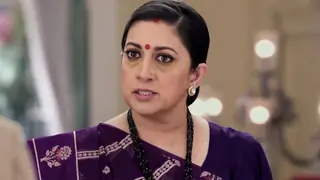What conditions do persons wishing to marry have to fulfill before a proper Hindu marriage can be solemnized?
- Neither bride nor groom should already be married or have a living husband or wife. A divorced person, a widow or widower is free to remarry;
- Both should have reached the minimum age for marriage: 18 years in case of the bride and 21 in case of the groom;
- Apart from being able to give their voluntary consent to the marriage, both must also be free of any mental disorder which could make them unfit for marriage;
- The bride and groom should not be within the "prohibited degrees of relationship" nor should they be "sapindas"1 of each other (these expressions are explained in detail in s.3 (f) and 3(g) of the Hindu Marriage Act). This rule does not apply if it can be established that a custom or usage is applicable to each permitting marriage between the two. Significantly, the rule does apply when the relationship is based on adoption.
What is the result of a Hindu marriage solemnised without fulfillment of the above mentioned necessary conditions?
In three situations such a marriage is said to be void, which means that it is invalid, as if it never took place:
- If one of the parties to the marriage has a living husband or wife; or
- If the parties are within the prohibited degrees of relationship; or
- If they are sapindas of each other.
If the conditions regarding valid consent have not been fulfilled, the resulting marriage is void. That means that the party wishing to challenge it can approach the court for a decree of nullity. Once such a decree is passed, the marriage would have no legal force whatsoever. For example, if after the solemnization of the marriage it is found that the groom could not have given his valid consent because of the unsoundness of his mind, the woman can get the marriage nullified through the court. Naturally, the court must be satisfied with the proof of mental disorder and unsoundness of mind claim. If voidable marriages are not challenged in court, they remain valid for all legal purposes.
If a woman has been forced into a marriage, is such a marriage void or voidable? What if a fraud has been played on her?
Such marriages are voidable. If the consent of the complaining party has been obtained by force or by fraud relating to the nature of the ceremony performed or to any significant fact or circumstance concerning the opposing party, the marriage can be voided. However, a petition for annulment in such a case must be presented within one year after the force ceased to operate or the fraud has been discovered. Most important of all, the petitioner or complaining party should not have lived willingly with the other after the end of the force or after discovering the fraud. A marriage is also voidable if it can be proven that the wife was pregnant at the time of marriage by another man. In this situation the husband must file his petition within one year of the date of the marriage.































